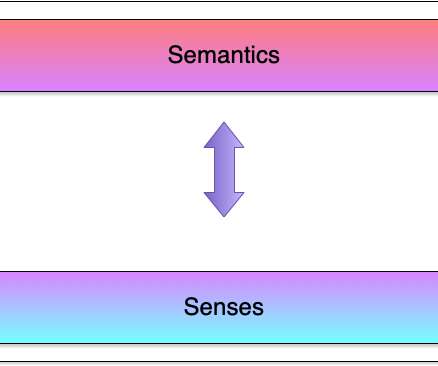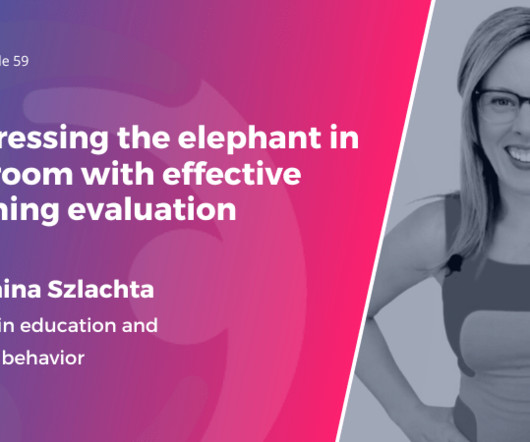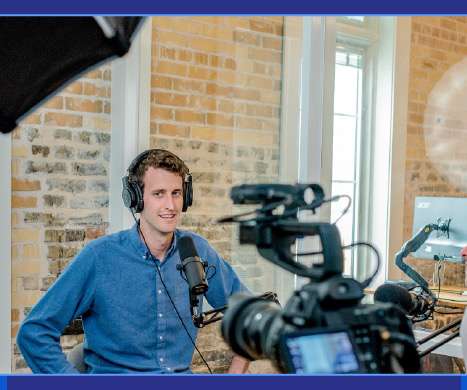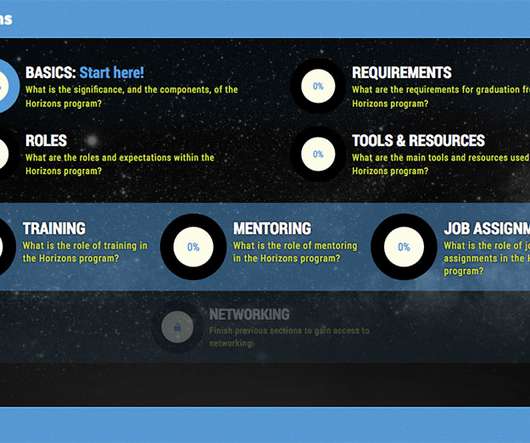Empowering future leaders through communities of practice
CLO Magazine
MAY 7, 2024
There’s an underutilized resource at your company that can supercharge your leadership development efforts: Communities of practice. Every successful community has emerging leaders at its core. When your sellers set up a chat to discuss tips on closing difficult sales, they have formed a community of practice.












































Let's personalize your content